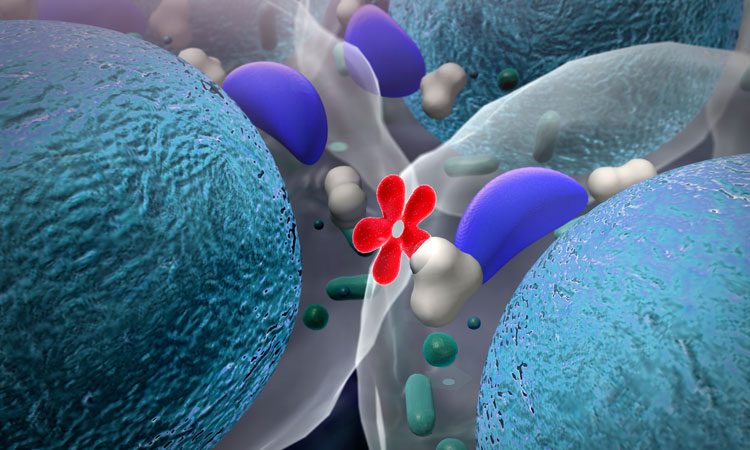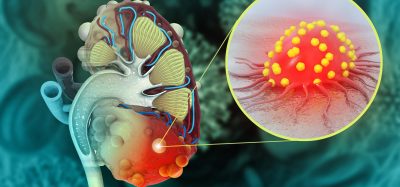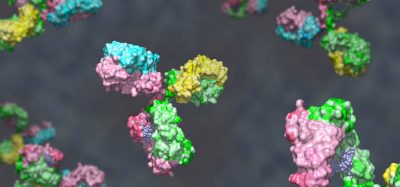Key mechanism behind insulin release discovered by researchers
Posted: 4 November 2019 | Victoria Rees (Drug Target Review) | No comments yet
Researchers have identified a specific receptor that is critical for the release of insulin and provides a target for diabetes and obesity.


Researchers have identified a receptor on β-cells which plays a key role in the release of insulin. According to the researchers, their findings could be used as a therapeutic strategy against diabetes and obesity.
The study was conducted by Lund University, Sweden, in collaboration with the University of Sharjah, United Arab Emirates.
Previous research has shown that GPR183 (Orphan G protein coupled receptor 183) is activated when it binds to a specific metabolite – one that is formed when the liver metabolises cholesterol. The current study found that, in human donors and rat models, this oxidised metabolite of cholesterol has the capability to increase insulin secretion by activating one of these identified surface receptors.
…the cholesterol metabolite also protects the β-cells against the long-lasting hyperglycemia-induced cell stress”
“If we can somehow activate this receptor in the future, it could lead to the development of drugs that stimulate insulin production in individuals with low levels of the cholesterol metabolite. This could be done with a substance similar to the specific cholesterol, with the ability to bind the receptor,” explained Albert Salehi, diabetes researcher at Lund University.
According to the team, the cholesterol metabolite also protects the β-cells against the long-lasting hyperglycemia-induced cell stress which is known to cause dysfunctional insulin secretion.
“If you have high cholesterol, this specific metabolite is produced and the consequence is an increased insulin release. This leads to hunger, possibly leading to eating more and gaining more weight. If we could block the receptor from binding to the metabolite and regulate insulin release, this could reduce hunger,” Salehi concluded.
The study was published in Molecular and Cellular Endocrinology.
Related topics
Disease Research, Drug Targets, Research & Development
Related organisations
Lund University, University of Sharjah
Related people
Albert Salehi








